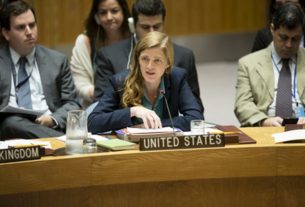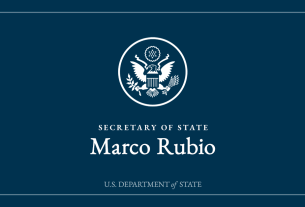Germany’s Journalists’ Union Condemns ABC’s Suspension of Jimmy Kimmel
Germany’s leading journalists’ union has sharply criticized ABC’s decision to indefinitely suspend Jimmy Kimmel Live following the host’s remarks about the assassination of conservative activist Charlie Kirk. The move, which has ignited debate over press freedom and political influence in U.S. media, prompted the German Journalists’ Association (DJV) to urge American broadcasters to defend journalistic independence.
Several Hollywood writers and actors also condemned what they called an attack on free speech after the talk-show was pulled off the air.
Unless there is another angle to the suspension which are not mentioned, Axios article and reports of the initial presentation which can be found here provides little to no reasons to justify the suspension, it does not in anyway cast any aspersion on the person of Charlie Kirk, his family or associates but simply look at the issue from a broader and more diverse perspective.
DJV chairman Mika Beuster described the suspension as emblematic of a “rampant erosion of freedom of the press and freedom of expression in the U.S.,” warning that media outlets risk further pressure by yielding to political demands.
Kimmel’s comments, delivered during his monologue on Monday, addressed the polarized reactions to Kirk’s killing in Utah. He criticized attempts by political factions to exploit the tragedy, stating, “Some people are cheering this, which is something I won’t ever understand.” He also highlighted broader issues of gun violence, referencing a recent school shooting in Colorado—the 100th of the year—and questioned the federal response to rising national tensions.
ABC’s decision followed public backlash and threats from U.S. communications officials, including suggestions that Disney’s broadcast license could be at risk. The controversy has drawn condemnation from major Hollywood unions, including SAG-AFTRA and the Writers Guild, who labeled the suspension “corporate censorship” and a threat to free speech.
Kimmel’s supporters argue that his remarks were part of a broader, balanced critique of political discourse and violence in America. Critics of ABC’s action view it as scapegoating a presenter who sought to offer a nuanced perspective on a divisive issue.
The incident underscores growing international concern over the shrinking space for journalistic expression in the United States—once considered a global benchmark for press freedom.



